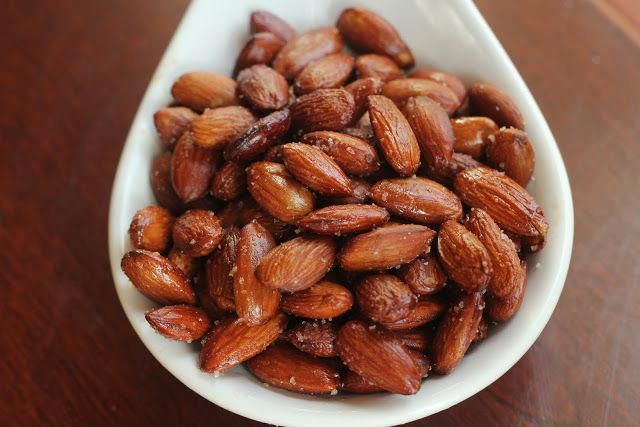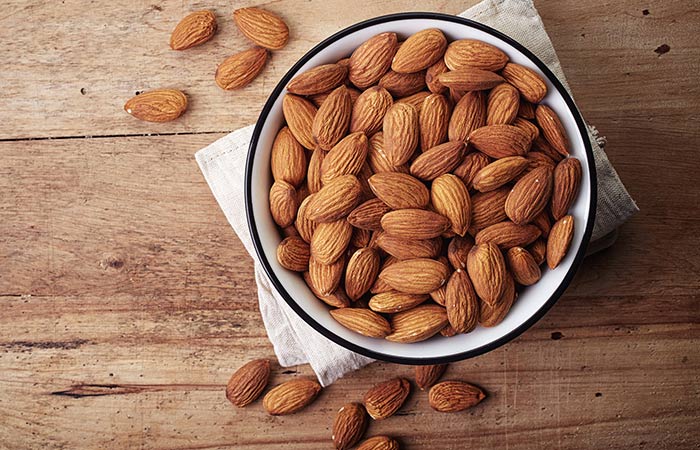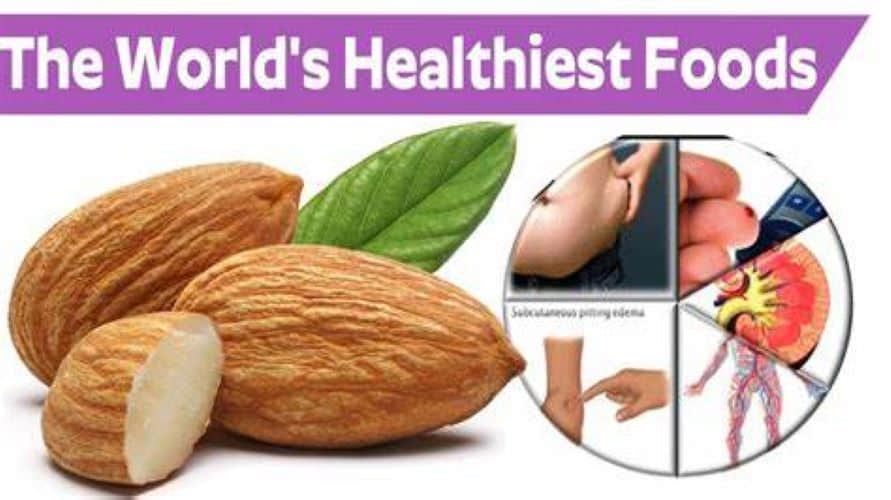Blog
The Nutritional Value of Flavored Almonds?

Almonds have been around since the Early Bronze Age, when they were used as a food source by the Ancient Egyptians. Today, they are the most popular nut in the world and are eaten by people all over the globe. Almonds have a rich history of use in cultures across time and space, which has led to many different varieties of almonds being developed by plant breeders over time. These days you can find almonds in any grocery store as well as online — including flavored almonds! But do these delectable little morsels really live up to their name?
Good sources of protein
Protein is an important nutrient for your body, as it helps muscles grow and repair. Protein can be found in many foods, including almonds. Almonds are a good source of protein that can help keep your muscles strong.
For children and adults who exercise regularly, taking in more protein may benefit them by helping them build muscle mass faster than normal so they don’t lose weight during exercise sessions or competitions. Many athletes also eat more than usual amounts of calories when preparing for events like marathons or triathlons because these activities burn through huge amounts of energy–and those extra calories come from carbohydrates (like pasta) and fats (like peanut butter).
In addition to helping with muscle growth and repair, protein is also needed for proper brain function. If you don’t get enough protein in your diet, you may experience fatigue and headaches.
Protein is also important for pregnant women because it helps them build up their baby’s body during pregnancy. Babies need protein to grow their muscles and organs, as well as make enzymes that help with digestion.
High in vitamins and minerals
Flavored almonds are a great source of vitamins and minerals, especially vitamin E, which helps to maintain your skin’s elasticity. They also contain high levels of vitamin B6, magnesium and copper.
Flavored almonds may be a healthier option than salty snacks such as chips or crackers but they still have a lot of calories so you need to watch your salt intake if you eat them regularly.
Some flavored almonds contain sugar and fat. The amount of fat in a serving of almonds depends on the type you eat, but it’s generally around 14 grams per ounce. An ounce of almonds also contains about 5 grams of protein.
It’s best to eat almonds in moderation, as they can be high in calories and fat. One ounce contains about 160 calories and 14 grams of fat. Almonds are also high in sodium, so if you have high blood pressure or heart disease, you should limit your intake to one serving per day.
Low in saturated fat
Flavored almonds are low in saturated fat. Saturated fat is a type of fat that can raise your cholesterol levels and increase your risk of heart disease.
If you have high cholesterol or are at risk for heart disease, we recommend limiting your intake of foods that contain saturated fats such as:
- Butter, margarine and other spreads made with butter (such as tub spreads)
- Meat products like sausages and burgers which contain animal fats
- High-fat dairy products like cheese, cream and ice cream
Processed foods like cakes, pastries and biscuits that contain saturated fats
Flavored almonds are a good snack to eat.
If you are looking for a good snack to eat, flavored almonds are a good choice. Almonds have high levels of protein and vitamins and minerals, so they’re good for your health. They also have low levels of saturated fat compared to other nuts, making them great for people who want to maintain a healthy heart.
Flavored almonds come in many different flavors like cinnamon raisin or honey roasted; these flavors add flavor without adding extra sugar or salt that would make them unhealthy. If you want to eat flavored almonds for their nutritional value then it’s important that you check how much sugar is added during processing so that they don’t become too sweet (or salty).
Flavored almonds are a great snack to eat on their own or as an ingredient in recipes. You can use them to top salads, as a garnish for soups and chili, or even stir them into yogurt or oatmeal. They’re also great in baked goods like cookies and cakes because they add extra protein and flavor without changing the texture of the recipe.
The nutritional value of flavored almonds is high, but it’s important to remember that they are still just a snack. Almonds are a good source of protein and fiber, which will keep you feeling full longer than other snacks like pretzels or chips would. They also contain magnesium and iron which are both essential nutrients for maintaining healthy blood pressure levels in the body.





